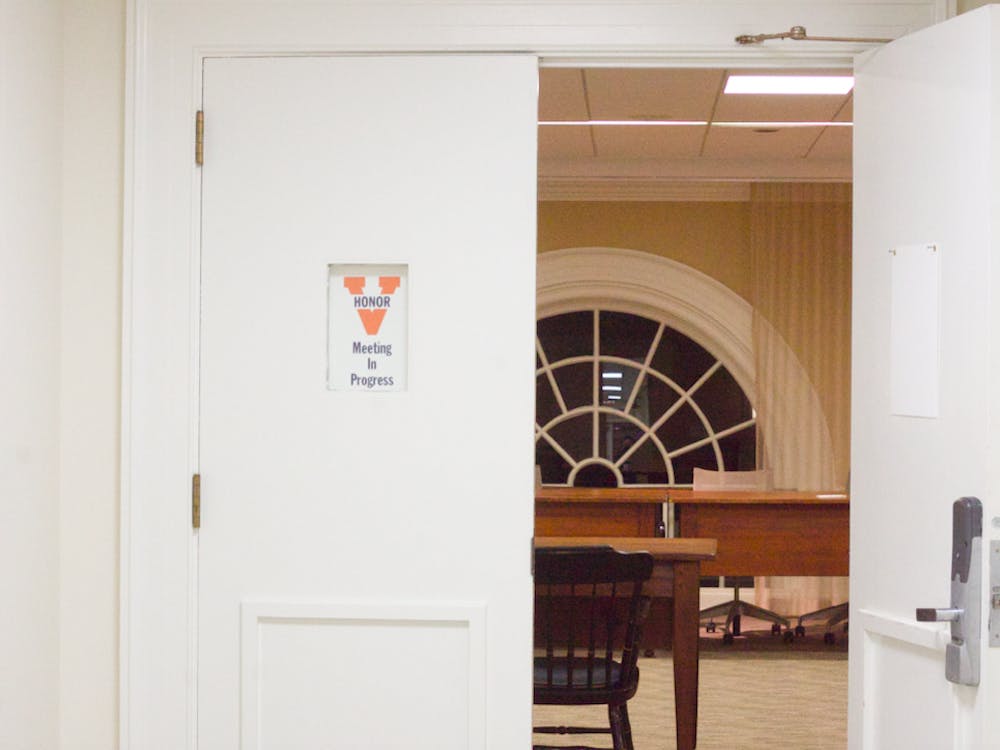There’s a certain baseline understanding about tuition payments. Students understand the magnitude of their tuition statements, and for many, their ever-so-increasing level of debt. What often isn’t questioned is where students’ tuition money is allocated, a trend which needs to be reversed. Students should be more skeptical of billing procedures which appear under the University’s tuition line items. But even more importantly, students should demand better budgetary responsibility from University administrators. The student activity fee exemplifies the fiscal irresponsibility of certain tuition charges and should be reformed.
The student activity fee has its purposes. It helps fund necessary aspects of student life ranging from the fundamental — Student Health —to the necessary funds for student self-governance. Others pertain to useful programs, such as Safe Ride, a program which should exist for student safety purposes. However, because of the student activity fees’ catch all moniker, most students rarely understand where this fee’s resources are used, or how it benefits them in a university setting. Because of this, most students remains unaware of instances in which the student activity fee does not have a direct, net-positive impact on their quality of life. For example, the student activity fee is particularly wasteful with its athletic funding.
The University’s Athletics Program receives its funding from multiple sources — television rights contracts (shared among the universities in a participating conference), ticket sales, royalties and, of course, the student activity fee. While this seems relatively innocuous, the breakdown of the student activity fee reveals that the Athletics Department takes a disproportionate amount of money compared to other organizations on Grounds. According to budget documents from 2015, the Athletic Department outspent University Transit service by a margin of six to one, with the Athletic Department charging students $657 annually. If you think this charge is steep, you’re not wrong — this fee has soared over $250 in the last decade. Because of this, any student graduating from the University will pay at minimum $2,628 for athletic programming, money that will never have any return on investment for most students. For the student working a part-time job paying minimum wage, this fee soaks up roughly 362 hours worth of work over four years.
The first question to ask is why the Athletic Department needs this additional source of revenue. According to the now-former Athletic Director Craig Littlepage, “Athletics is a common good, bringing people together, developing relationships, unifying the institution, bringing fantastic exposure.” Tracking the finances of the Athletic Department after 2004, athletic spending has dramatically risen “from $50.3 million to $87.4 million,” largely in part to surges in coaches’ salaries and facilities maintenance. Many universities justify high spending on athletics by claiming that these programs raise money for the institution. Unfortunately, the University doesn’t even have that excuse. In fact, University Athletics fails to turn a profit — in 2015, the Washington Post reported that the University “made $70.5 million, $17 million less than it spent.” Because of these discrepancies, the burden of the cost shifts to students, many of whom will never directly benefit from any athletic programing, yet still are saddled with massive student charges. What makes the University unique is that it charges students at a rate higher than any other Power Five university, outspending its next competitor by a margin of two million dollars. This is where University policy moves from simple management incompetence to outright injustice.
University life should be dominated by academics with the goal of earning a degree. While sporting events offer a nice refuge from the academic rigor of college life, students shouldn’t have to be used as blank checks for an extracurricular pastime. As David Catt, a former student athlete from Kansas states, “It’s a huge problem in higher education. You think you’re paying for a degree and you wind up as a piggy bank for a semi-professional sports team.” Considering the rate at which the University bills students compared to its peer institutions, the University’s billing is predatory. Even more so, as students, we should continue to question where our tuition dollars are being spent and demand to be our University’s priority. Thomas Jefferson’s plans for the University had an Academical Village, not an Academical Arena. Let’s pay for our education, instead of getting played by the Athletic Department.
Katherine Smith is an Opinion columnist for The Cavalier Daily. She can be reached at opinion@cavalierdaily.com.






